Articles About Environment and Planning

FOR UP-TO-DATE INFORMATION ABOUT EVENTS PLEASE CLICK HERE KEEPING WATCH on WATER: City of Creeks is a collaborative project between the UNC Charlotte Urban Institute and the College of Arts + Architecture. (Learn more here.) A series of related events is planned, including: Exhibit Projective Eye Gallery at UNC Charlotte Center City: March 27-June 17. […]

I’ve spent much of the past few months researching Mecklenburg County’s creeks, for a PlanCharlotte.org project called KEEPING WATCH on WATER: City of Creeks. A related gallery exhibit opened March 27 at UNC Charlotte Center City. To see a full list of events, click here, or visit KeepingWatch.org for updates. To whet your appetite for […]

FOR UP-TO-DATE EVENT INFORMATION ABOUT KEEPING WATCH, PLEASE VISIT KEEPINGWATCH.ORG What creek is in your neighborhood? Where did it come from, and where is it going? Why was Charlotte settled amid so many creeks? Are urban streams important? Where does rainwater go? Can we do anything to help with pollution or flooding? Why should we […]
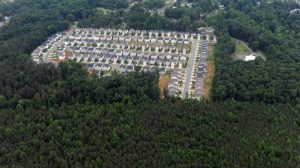
After three years of citizen engagement and the creation of a Regional Growth Framework for the 14-county Charlotte region, the CONNECT Our Future initiative moves into the implementation phase, to assist local governments in their individual efforts to realize the goals and objectives of that framework. One element of the implementation phase is a collaboration […]

For years subdivisions have been filling acres of farmland in Union County. Yet developers there are looking longingly at missed opportunities for restaurants, grocery stores and convenience stores. Unincorporated Union County is dry. That means no public sale of beer or wine. No liquor stores. No liquor-by-the-drink. “I know there is interest in an upscale […]
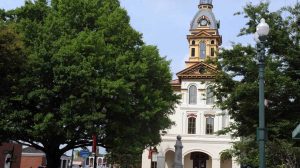
Do you have a favorite Main Street, greenway, or historic rehabilitation? Join in this year’s competition to nominate and vote on your favorite North Carolina places. More information Visit www.greatplacesnc.org for more information, nominating forms and past winners. Great Places in North Carolina is an awards program created in 2012 to highlight North Carolina’s Great […]

I was fortunate to have a completely new and exciting hunting experience recently, going grouse hunting in West Virginia. I’ve not done much upland bird hunting, so it was different from most of my hunting experiences. It was both challenging and exhilarating, and I can’t wait to go again. Grouse live mostly in wooded areas, […]
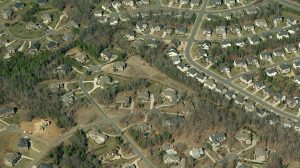
We hope you’ve enjoyed our offerings during the past year. In case you missed them, here are some of the PlanCharlotte.org 2014 articles that attracted the most readers. Cherry neighborhood rezoning sparks gentrification study After the approval of a controversial rezoning this spring in the Cherry neighborhood, one of the city’s oldest historically black areas, […]
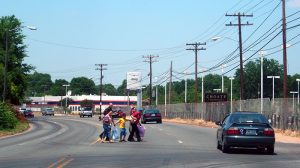
Since the late 1990s, Charlotte has experienced a major policy shift toward creating more walkable streets. The evidence is seen in infrastructure investments that are making Charlotte a better place to walk. Yet the city still faces significant challenges: a legacy of our decades of auto-oriented development. On Monday, I gave a presentation to the […]

I have a notepad on my kitchen counter for a running grocery list, and there’s one on my desk devoted to errands and chores. I’ve kept a digital file of all the books I’ve read for more than 20 years. My nature observations are recorded in a hefty, leather-bound journal. Despite an obvious affinity for […]

Since the first U.S. zoning laws in the early 20th century, one of their essential principles has been separating uses. Houses, stores, apartments and offices were kept apart from each other. One unintended consequence was more traffic, as people needed to drive from place to place. Another was that, as jobs and work changed, zoning […]
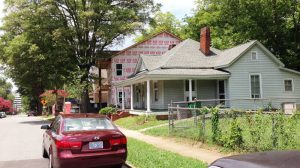
The first comprehensive survey of Charlotte historic resources in 30 years recommends reducing the areas of several of the city’s historic districts, saying development has reduced the historic footprint in those neighborhoods. Among the findings in the first phase of Charlotte’s Historic Resources Survey: In the last 30 years, 37 percent of Charlotte’s potential historic […]